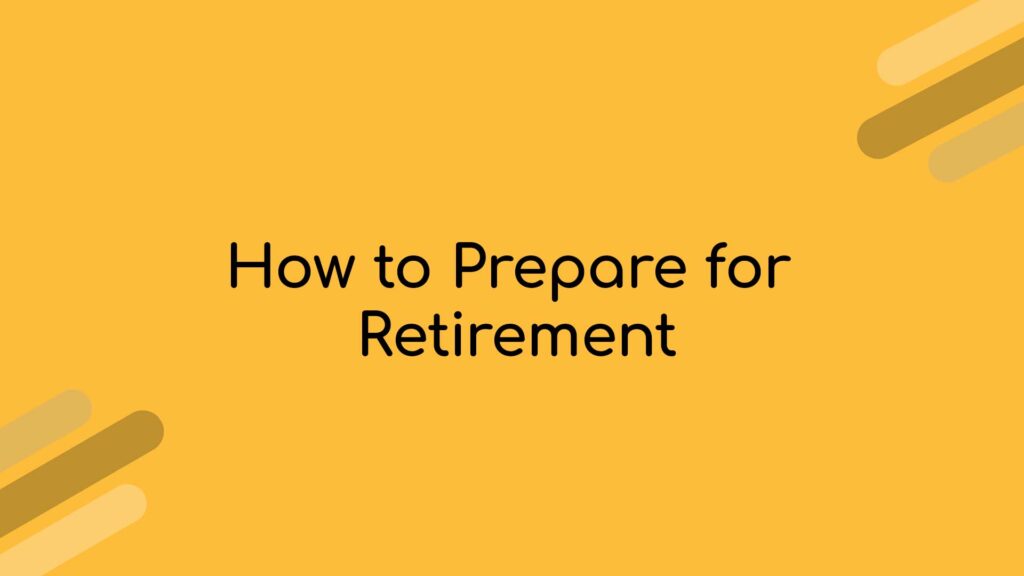The amygdala hijack can take over your brain and cause you to make investing mistakes.
In order to avoid this, you must understand how your emotions work, and how you can keep them under control, so that we can make better decisions in investing and in life.
What is the Amygdala?
The amygdala is the brain’s emotion center.
It’s located at the base of the brain:

The amygdala is the part of the brain that’s responsible for the fight or flight response. When we see or sense danger, the fight or flight response kicks in, causing the heart to pump faster, pumping more oxygen to our muscles, and releasing adrenaline and cortisol to suppress the immune system. This ancient and important survival skill is what helped us save ourselves from danger in primitive times
While the fight or flight response is great if we are about to be attacked by a predator, it’s not that great when someone cuts us off on the interstate or when changes happen in the stock market.
The prefrontal cortex is the area of the brain responsible for forward thinking and logic—much the opposite of the amygdala.
The prefrontal cortex is located in the front of the brain, behind the forehead:

In our normal course of life, we use our prefrontal cortex when we need to solve a difficult problem—among many other things—and the amygdala when we need to process emotions. When they are functioning for their designed roles, all is well and good.
Problems arise, however, when emotions (amygdala) are used when logic (prefrontal cortex) is needed.
What is the Amygdala Hijack Phenomenon?
The Amygdala Hijack Phenomenon is an overwhelming emotional response that overwrites our logical processes.
In other words, it’s “freaking out,” or seriously overreacting to an event in your life. After the hijack is over, there is a later realization that the response was inappropriately strong given the trigger.
The term was first coined by Daniel Goleman based on the work of neuroscientist Joseph LeDoux.
Want to learn more about what we do?
The amygdala hijack happens when there is an emotional trigger—like someone cutting you off, or when you see negative returns in your investments. When the Amygdala Hijack happens, the normal process of logical thinking is short-circuited and the prefrontal cortex is bypassed, sending signals directly to the “emotional brain” section. This often leads to bad decisions and later regret.
The Amygdala Hijack actually affects our ability to think. Experts say that when the amygdala is active, our thinking power is disrupted and we experience deficits in problem solving and thinking power. It’s like losing 10 to 15 points of IQ temporarily, which explains why we look back and say, “What was I thinking?”(3)
A recent example of this is when the stock market dropped in reaction to the Coronavirus.
You wouldn’t be human if this didn’t cause you some fear as you watched your portfolio drop. The people who panicked and sold everything to get out of the market probably were experiencing an Amygdala Hijack. We all know we should buy low and sell high, yet during a severe market drop emotions can take over, cause fear, and even bypass our “thinking brain.”
This leads some to forget the cardinal rule of investing and do the opposite—sell low by cashing out after the market has gone down.
Since the market has gone up dramatically in the months after that drop, many people already regret not staying in the market.
How can we overcome the Amygdala Hijack?
To overcome the amygdala hijack you must be aware of events that can trigger this emotional response.
Notice when something is causing an emotional reaction. Just being aware that one part of your brain is taking over another part can help you understand and better process what’s happening.
Once you realize it’s happening, here are some steps to take:
1. Use the six-second rule.
Waiting just six seconds can diffuse the brain chemicals that cause the Amygdala Hijack. Breathe deeply or focus on a pleasant image (i.e. go to your “happy place”) to prevent your amygdala from taking control and causing an emotional reaction.
2. Identify your feelings.
Labeling your feelings helps reduce their intensity and return some activity back to your “thinking brain.” When you see that you’re scared, call it out. This will help you accept and normalize what you’re feeling and can help reframe your thoughts so they are less fearful.
3. Get a second opinion.
When you are subject to an emotional response, your logic center isn’t fully functioning. Talking a decision through with someone else can help you process the decision more logically.
When it comes to investing decisions, that’s what we’re here for. Your Paul Winkler coach can provide that unbiased second opinion to help you identify what you’re feeling, label it, think through the situation logically, and see how the emotional reaction might be getting in the way of your true purpose for money.
4. Educate yourself about proper investing to help you Relax About Money™.
Education helps reduce emotional reactions.
Kids are scared often scared of the dark because it’s so unknown. As you age, you’ve seen enough dark to know that monsters aren’t going to jump out at you. You’ve been educated.
The same is true of investing.
The more you understand about how investing works, the less likely you are to be triggered by market events.
The Paul Winkler investor coaching process teaches you how the market works, how to recognize the myths of investing, and how to build a diversified portfolio. Our process is continual, not a one time event. As a client, you have full access to your coach so you can be better prepared to handle any market event.
By Anne Sawasky
If you haven’t taken the time to talk to us yet, set up a call here.
Ready to meet with us more personally? Schedule a virtual (or in-person) meeting here.
Notes
(1) https://en.wikipedia.org/wiki/Amygdala_hijack
(2) https://gostrengths.com/what-is-an-amygdala-hijack/
(3) https://www.psychologytoday.com/files/attachments/51483/handling-the-hijack.pdf
*Advisory services offered through Paul Winkler, Inc. (‘PWI’), a Registered Investment Advisor. PWI does not provide tax or legal advice: please consult your tax or legal advisor regarding your particular situation. This information is provided for informational purposes only and should not be construed to be a solicitation for the purchase or sale of any securities. Information we provide on our website, and in our publications and social media, does not constitute a solicitation or offer to sell securities or investment advisory services, or a solicitation to buy or an offer to sell a security to any person in any jurisdiction where such offer, solicitation, purchase, or sale would be unlawful under the securities laws of such jurisdiction.




